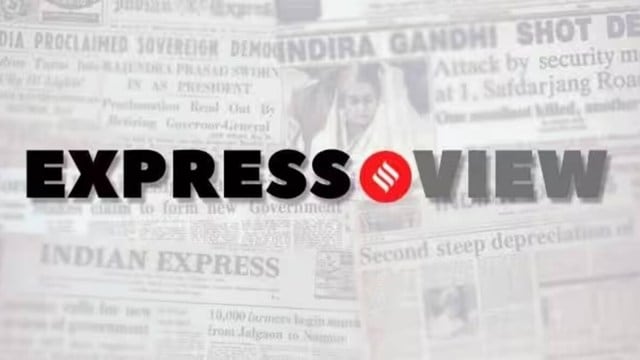
The presence of leaders from South Asia and the Indian Ocean at the swearing in of Narendra Modi as the Prime Minister of India for the third time underlines Delhi’s continuing commitment to the “neighbourhood first” policy. It also represents the stakes India’s neighbours have in strong and stable ties with this country. Familiarity with Modi gives the world leaders comfort and confidence in engaging India. As he begins a second decade at India’s helm, Modi is also one of the world’s senior leaders drawing much personal credibility — an intangible but important element at the global level. India will need all the goodwill it can command in order to navigate the increasingly complex world marked by intensifying conflict among the major powers and the restructuring of the global economic order.
India also inherits familiar foreign policy challenges in the neighbourhood. Over the last decade, Delhi’s engagement with the smaller neighbours has seen many twists and turns, frequent crises have become part of the regional landscape. But the presence of their leaders at the start of Modi’s third term underlines the deepening trend of interdependence that provides a basis for stability. To be sure, the absence of Pakistan’s leadership on the occasion reflects the continuing challenge of normalising Delhi’s ties with Islamabad. Presumably, the government is keeping the back channel open, and exploring the possibilities for picking up threads from the talks that led to the announcement of a ceasefire in February 2021. Those talks indicated that the two sides were ready to unveil a series of incremental steps to ease bilateral tensions but the lack of consensus in Pakistan prevented the movement forward.
A bigger challenge awaits India in managing ties with China and seizing new opportunities for deepening ties with the West. PM Modi will have an opportunity to meet with Xi Jinping next month on the margins of a regional summit in Kazakhstan. The gloating in Chinese official media at the Modi-BJP’s failure to get a majority of its own in the Lok Sabha calls for caution in estimating the possibilities for an uptick in bilateral ties. From Beijing’s perspective, Modi’s reduced Lok Sabha majority reinforces the imbalance in power in favour of China. The West, in contrast, sees the resurgence of the Opposition in India as a triumph of Indian democracy. Although geo-economic (India’s growing market) and geopolitical factors (rebalancing Asia) were driving India and the West closer to each other over the last decade, widespread concerns in America and Europe over India’s so-called democratic backsliding had cast a shadow over the deepening strategic partnership. Those Western concerns would arguably recede amidst the revival of competitive domestic politics and accelerate security and economic cooperation between India on the one hand, and the West and its Asian allies on the other.
Click here for real-time updates on the Lok Sabha Election Results 2024

